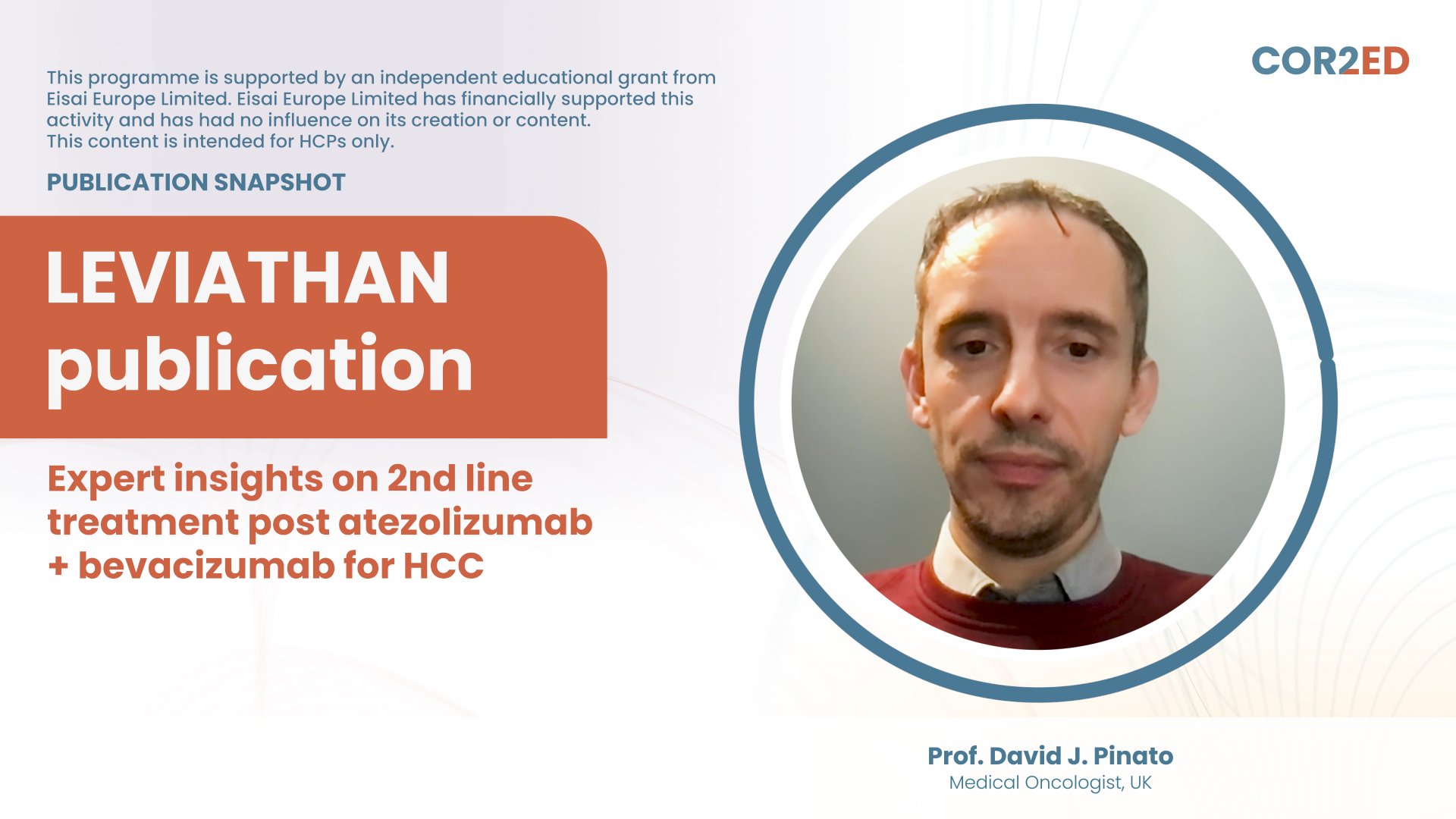In video 1, you'll hear about 1st line chemotherapy options, drawing on data from key clinical trials, as well as considering the role of targeted therapy, where appropriate.
Video 2 addresses 2nd line chemotherapy options and how earlier treatments have an impact on treatment sequence.
You can also download the accompanying slides for each video for more details.
This programme is also featured on the ReachMD website here Chemotherapy Strategies in mPDAC
and on COR2ED Checkpoint here Course: First- and second-line chemotherapy options in mPDAC
Clinical takeaways
-
Pancreatic ductal adenocarcinoma (PDAC) is usually diagnosed at an advanced, incurable stage due to non-specific symptoms and has an extremely poor prognosis
-
Systemic chemotherapy is the standard treatment for metastatic PDAC, but molecularly targeted treatments and immunotherapies may have a role for specific patients
-
Treatment selection depends on several factors, including patients' performance status and co-morbidities. These should be considered alongside the efficacy and safety profiles of the different chemotherapy regimens
-
Treatment strategies can be implemented to manage toxicities associated with the different chemotherapy regimens to enable a patient to stay on treatment for optimal efficacy

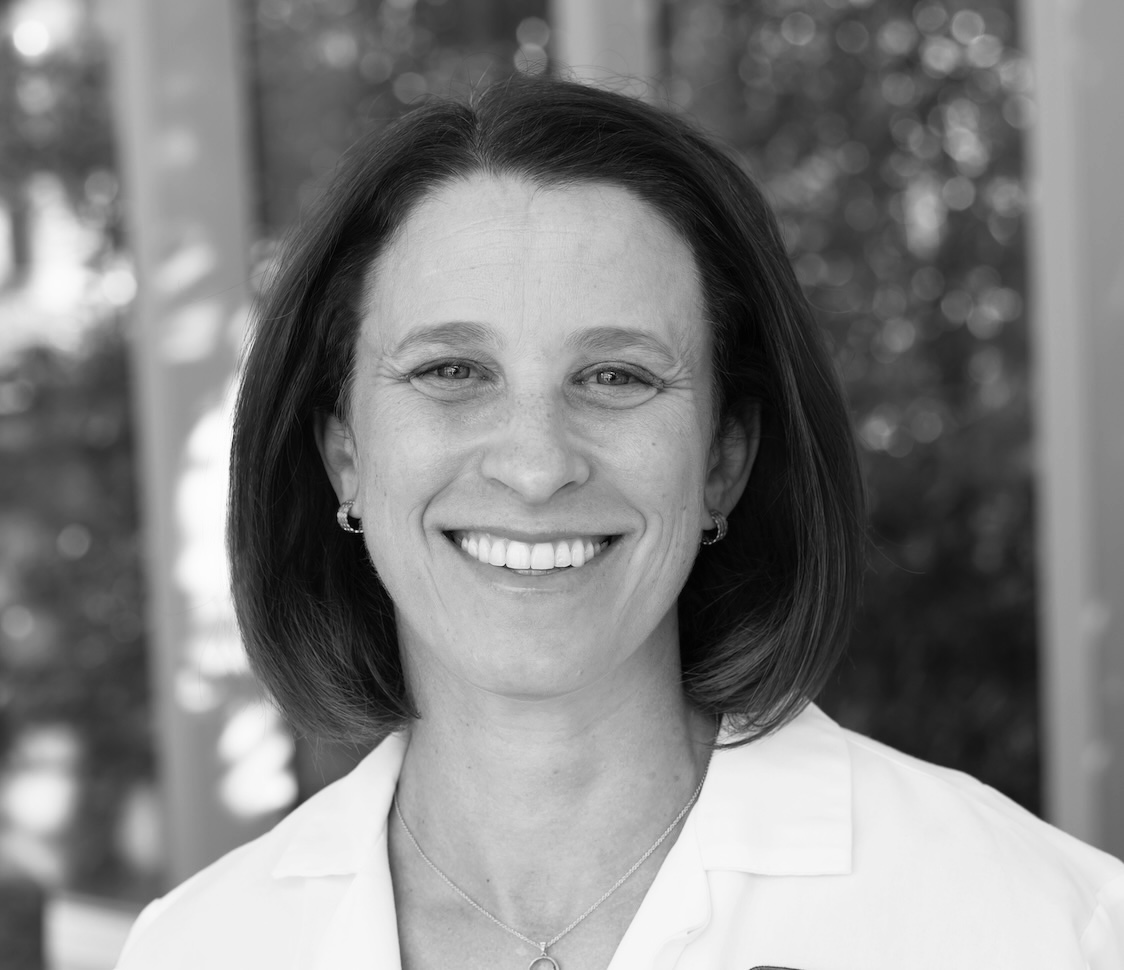
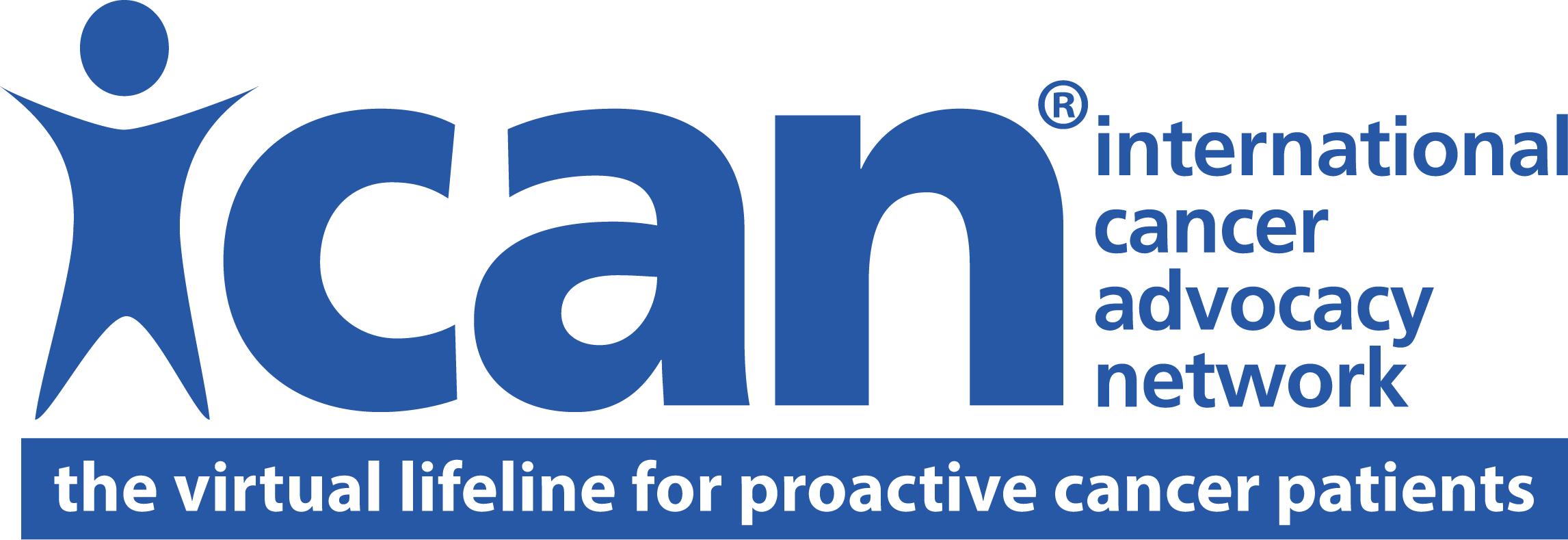

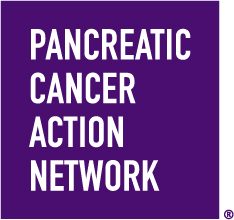

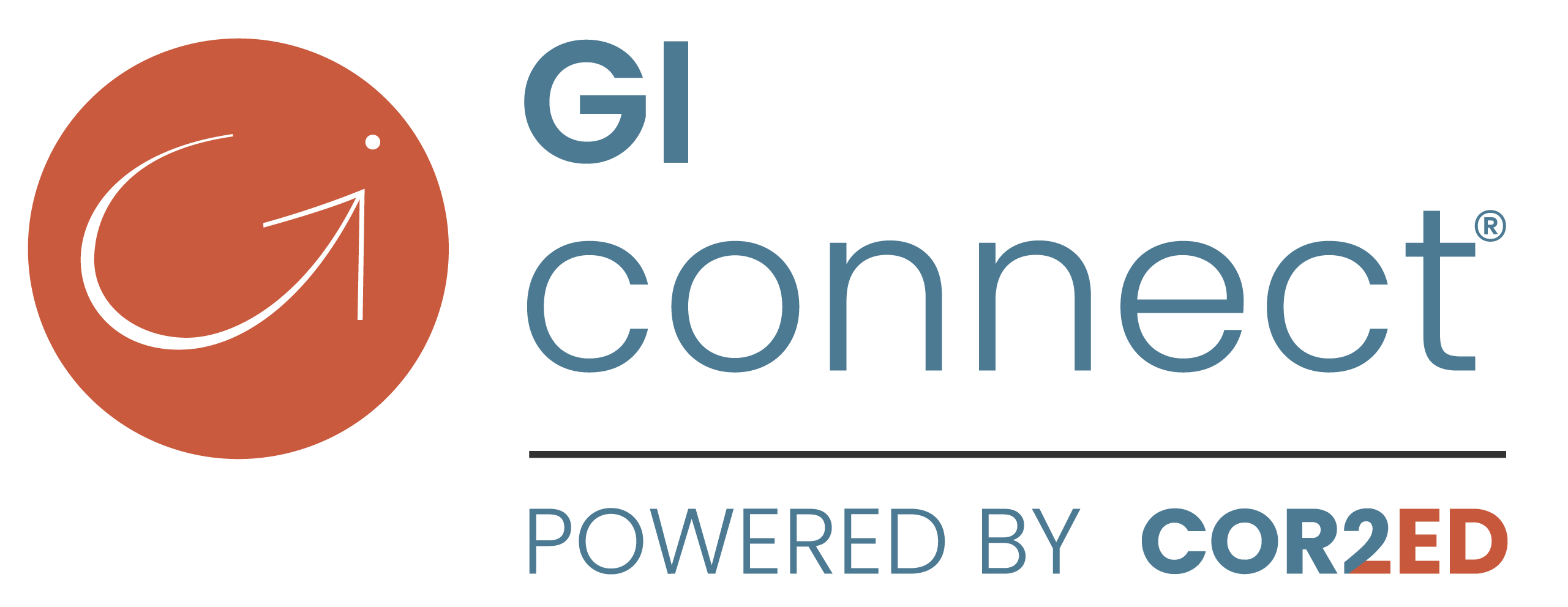
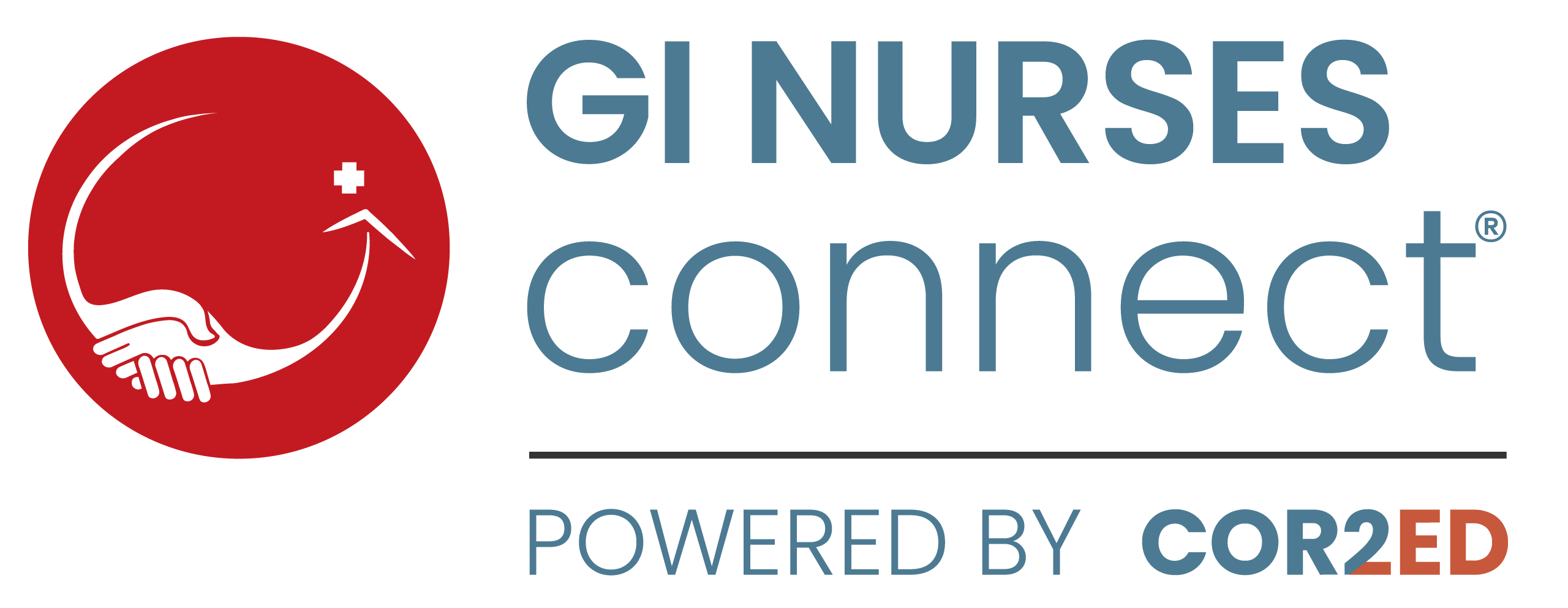


 Downloadable
Downloadable  6 MIN
6 MIN
 Dec 2025
Dec 2025 







